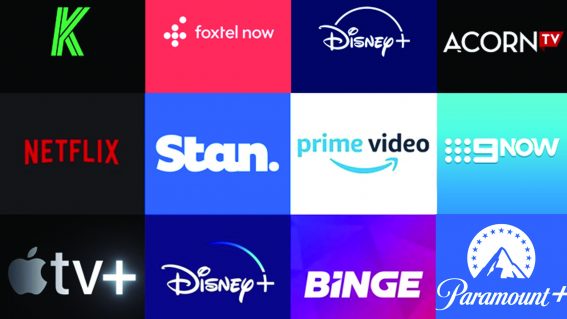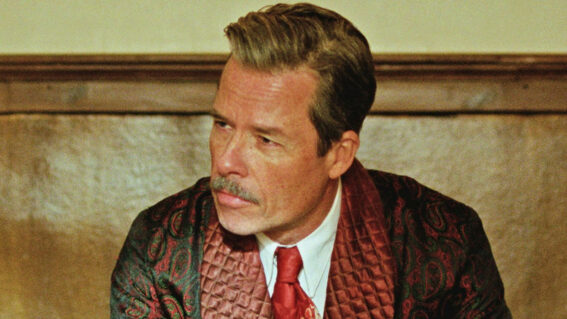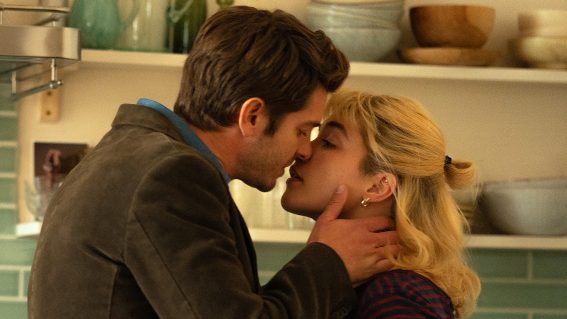Severance’s central metaphor grows wings and legs in long-awaited season two
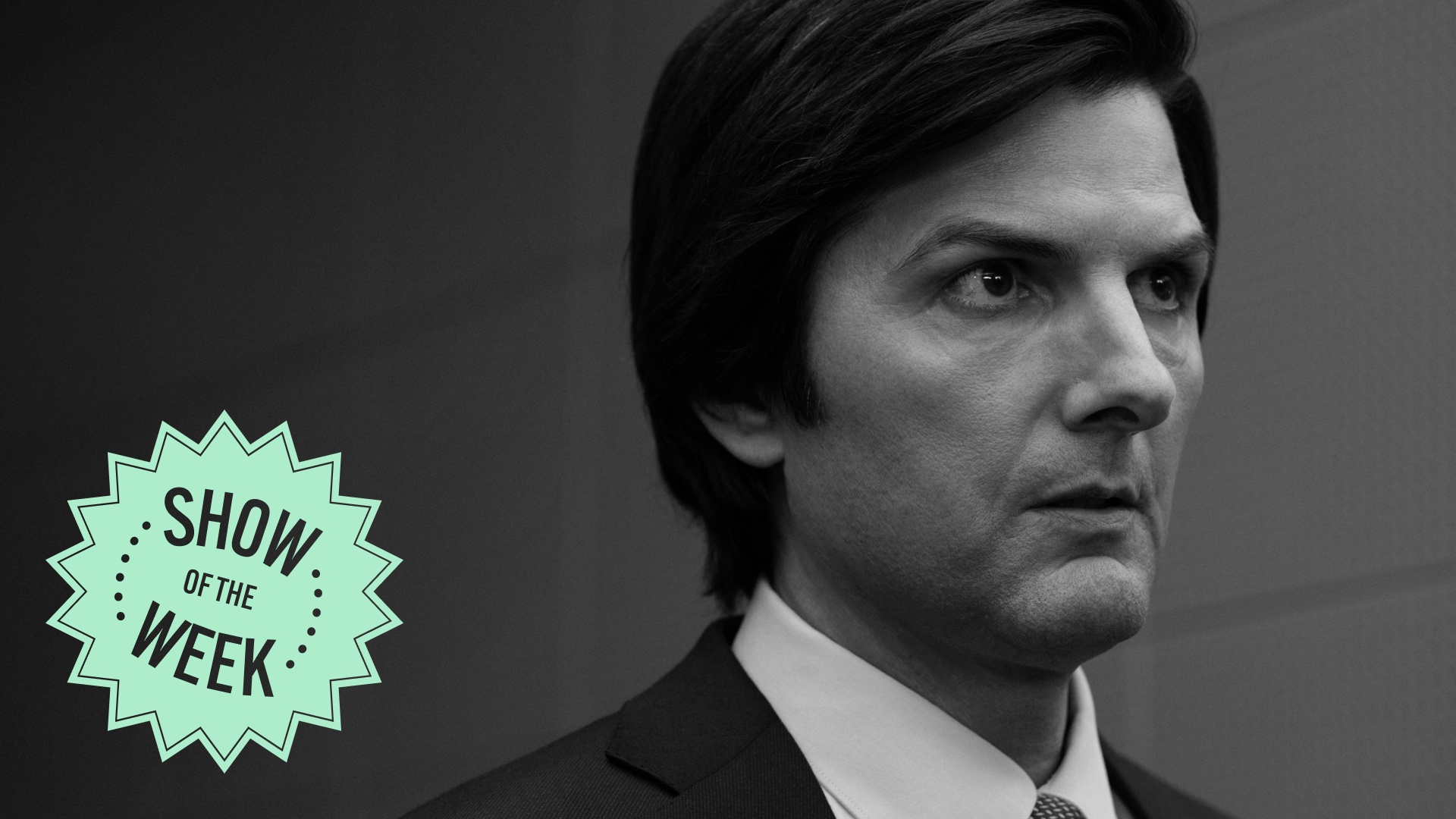
Clarisse Loughrey’s Show of the Week column, published every Friday, spotlights a new show to watch or skip. This week: The long-awaited return of Severance’s workplace weirdness.
Sometimes, there’s an expectation that the cultural commentator should act as prophetess. Take a huff of the gas coming out of the caves of Delphi and declare, “Future cult classic!” “Masterwork!” I’m mystified by the entire process. I know what’s exciting right now. I know what makes all the little gears in my head start to tick. What makes my heart beat a little faster. But you can’t create legacy in a moment. Art is always in conversation with itself; what seems irrelevant yesterday will prove vital tomorrow.
Yet, watching Severance‘s second season (or, at least, the six episodes provided to critics), I couldn’t help but fixate on how we’ll talk about this show in five, ten, or however many more years we have left of civilisation. What better way to describe how capitalism has bifurcated our souls—to offer one, manufactured self to the grind of economic efficiency; while another is kept preserved, private at home—than to simply call those beings our “innie” and “outie”?
It’s perfect lingo attached to a perfect metaphor, in which the “severance” process allows for workers like Mark (Adam Scott) to create two separate selves: one who works in the retro-futurist halls of the Lumon corporation, doing god knows what, while the other leaves blissfully ignorant at the end of the work day to enjoy life at home.
No one is calling Severance a cult classic, a classic, or anything that substantial as of now. It’s a brilliant series, most have agreed, with a second season that’s both improved on and expanded its central conceit, with Mark and his “innie” co-workers ending season one having breached containment and experienced the “outie” world, if only for a moment.
Mark discovered his supposedly dead wife has an “innie” still working at Lumon; Helly (Britt Lower) found out her “outie” is the daughter of Lumon’s CEO; Irving (John Turturro) was heartbroken to see his retired “innie” love Burt (Christopher Walken) happily married as an “outie”; and Dylan (Zach Cherry) was presented with a full “outie” family at home.
Season two kicks off with real technical flourish courtesy of the show’s primary director, Ben Stiller—a panicked, one-take spree through Lumon’s hallways. Then, the consequences of our characters’s actions arrive. Severance‘s central metaphor grows wings and legs and all sorts of accessories, thanks to the way creator and showrunner Dan Erickson frames these new conflicts as a question of worker solidarity.
Lumon make a big show of trying to appease Mark and his fellow rebels. Unless you were born yesterday, you’ll know that’s nothing but an illusion, a way to pit these people against each other by turning individual desire into a weapon. Will they simply accept improved enrichment in their enclosure? Or will they commit to breaking down the system entirely?
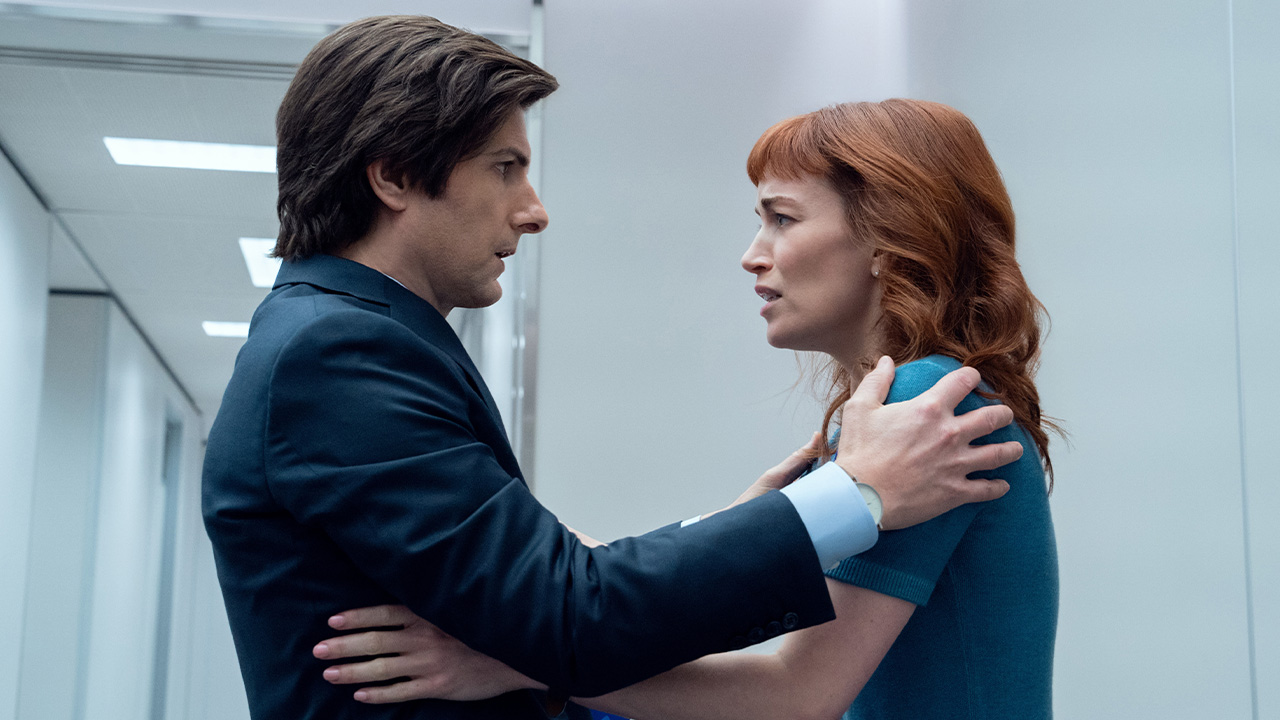
The series, too, is starting to broach the larger, more philosophical questions. The “innies” and “outies” are now more conscious of their other selves. How do they relate? Are they at all the same person? Do they share a soul? How do the questions of faith, death, and desire relate to all this?
The beautiful thing about Severance, in all its narrative complexity, is that as much as Apple TV+ has stressed to critics that they should be careful about what they reveal, I’d have no compulsion to anyway. It’s all too weird and unexpected to efficiently describe. Some mysteries are solved, some take new shapes, some remain a repeatedly uttered code word.
Severance is always beguiling, never outright confusing. It has a powerful draw to it. That’s why I wonder, then, what will become of it. It wasn’t an instant sensation, but its reputation has grown steadily over the three years since its first season and, now, in its second, I can sense a kind of acceleration in the way people talk about it. At first Severance was great. Now people are starting make it sound important. Will we one day call it essential? Who knows? Don’t ask me. It’s not my job.






